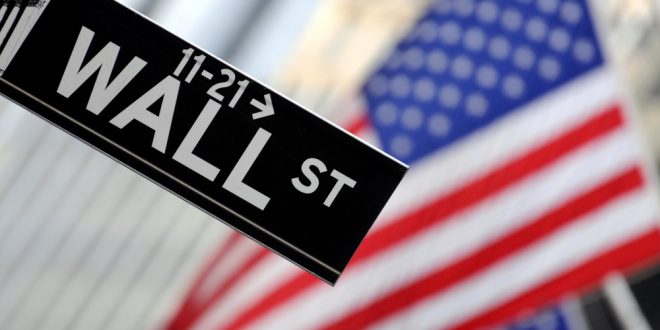Wall Street has identified its own X-date in late May, and if there is no major movement in Congress by then, it is expected that some major market volatility is looming. The US government is running out of money, and if Congress doesn’t act to raise or suspend its self-imposed borrowing limit, the country could soon default on its bills.
A lengthy default would wipe out 8.3 million jobs and bring unemployment 5 percentage points higher, and even under a shorter default, the economy would suffer the loss of about half a million jobs and the unemployment rate would rise by 0.3 percentage points. Investors don’t appear to be panicking, as the debt ceiling has been suspended or raised over 100 times, often with political drama attached.
The debt ceiling crisis of 2011 caused Standard and Poor’s to downgrade US debt for the first time in history, and in 2013 the country also came within days of defaulting. The stock market has a feeling of the little boy who cried wolf, which is not warranted. Investors may be taking the crisis seriously but don’t know how to react.
JPMorgan Asset Management chief global strategist David Kelly identified the final days of May as when equity market volatility will rise. If Congress fails to increase or suspend the debt ceiling in time, expect a “major stock market meltdown,” but markets should be able to recover quickly.
It is best not to think of the debt-ceiling crisis as a potential rerun of the Great Financial Crisis, as restoring confidence in the US banking system in the wake of the subprime crisis was an immensely complicated and uncertain task. Recovery from a debt-default crisis would likely start the day Congress, belatedly, suspended the debt ceiling.
Treasury Secretary Janet Yellen has been calling on CEOs and other business leaders to discuss the consequences of brinkmanship around the debt ceiling.
Business advocates are beginning to speak out against the budgetary impasse, with Josh Bolten, chief executive of the Business Roundtable, saying that a default would deliver a severe blow to the economy. Michael Hanson, chief lobbyist at the Retail Industry Leaders Association, said that retailers have been pounded by supply chain woes and the pandemic, and don’t need any more economic headwinds.
The full faith and credit of the United States government should never be placed at risk. Airbnb reported strong revenue growth on Tuesday and even set a new record for bookings during the first three months of the year. However, shares of Airbnb slid as much as 10% in after-hours trading Tuesday after the company reported a weaker outlook for the current quarter than some analysts had expected.

 Noor Trends News, Technical Analysis, Educational Tools and Recommendations
Noor Trends News, Technical Analysis, Educational Tools and Recommendations




